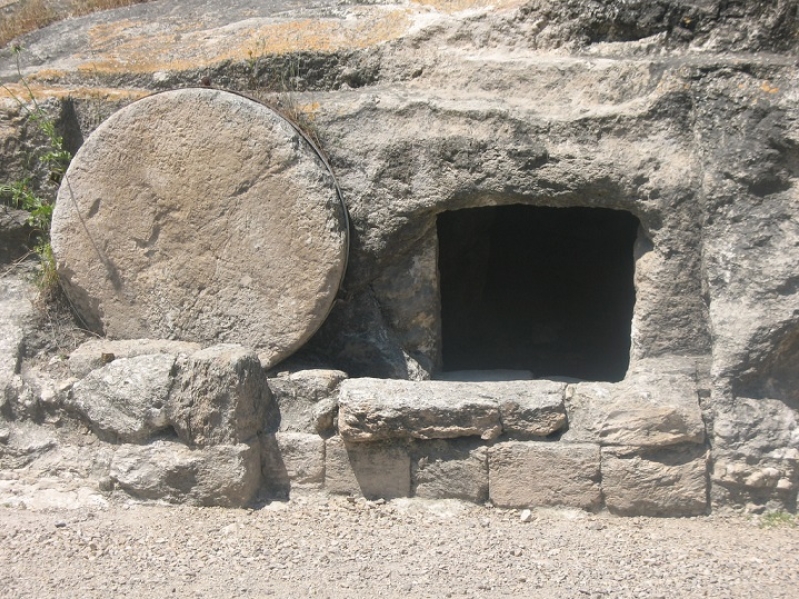
A new survey conducted in Great Britain showed that one in four of those who considered themselves as Christians do not believe the resurrection of Jesus really happened.
The survey, which was carried out from Feb. 2 to 12, was done by ComRes as commissioned by the BBC for Palm Sunday. A total of 2,010 adults were interviewed for the study.
Half of the survey respondents, whether Christian or not, said they did not believe in the resurrection at all.
The report also found that 57 percent of the respondents who described themselves as "active" Christians, meaning they attend worship service at least once a month, completely believe in what the Bible says, word for word. However, among all the Christians who answered the survey, whether active or not, only 31 percent take the message of the Bible word for word.
Forty (40) percent of the Christian respondents said they believe the story of Jesus rising from the dead, but not exactly as how the Bible described it.
Majority of the Christians embraced the idea of "life after death," which in the survey included the concepts of heaven, hell and reincarnation. On the other hand, 46 percent of the total number of respondents, whether Christian or not, said they believed in life after death while another 46 percent said they didn't.
More women (56 percent) were inclined to believe in life after death compared to men (36 percent).
Interestingly, 9 percent of non-religious respondents claimed they believe in Christ's resurrection, while 1 percent of these said they believed the Biblical story of the resurrection literally.
The Bishop of Manchester of the Church of England said the survey results showed that many people, even those who did not attend church regularly, continue to hold on to "core Christian beliefs" to this day.
"Alongside them it finds surprisingly high levels of religious belief among those who follow no specific religion, often erroneously referred to as secularists or atheists," the Bishop of Manchester said.
"This demonstrates how important beliefs remain across our society and hence the importance both of religious literacy and of religion having a prominent place in public discourse," he added.
The resurrection of Jesus is not only the primary focus of the celebration of Easter; it is also an integral part of the Christian faith. John Piper, Christian author and founder of DesiringGod.org, said the Bible greatly emphasized the resurrection of Christ.
"Indeed, there is a lot of emphasis on the demonstration of who Jesus really is, the promised one of God, that the eternal Son of God, the one who is Lord of all is precisely grounded in the historical witness of the resurrection of Jesus Christ," Piper wrote.
He added that the Christian faith hinged on the resurrection, which established Jesus as "the reigning Lord."
"And all of God's sovereignty is mediated through Christ Jesus, who is the mediator of God's authority in every domain in this age until he has crushed his last enemy," Piper wrote. "And the last enemy to be destroyed, we are told, in 1 Corinthians 15:26, is death itself. And all of this hinges on the resurrection of Christ Jesus."






